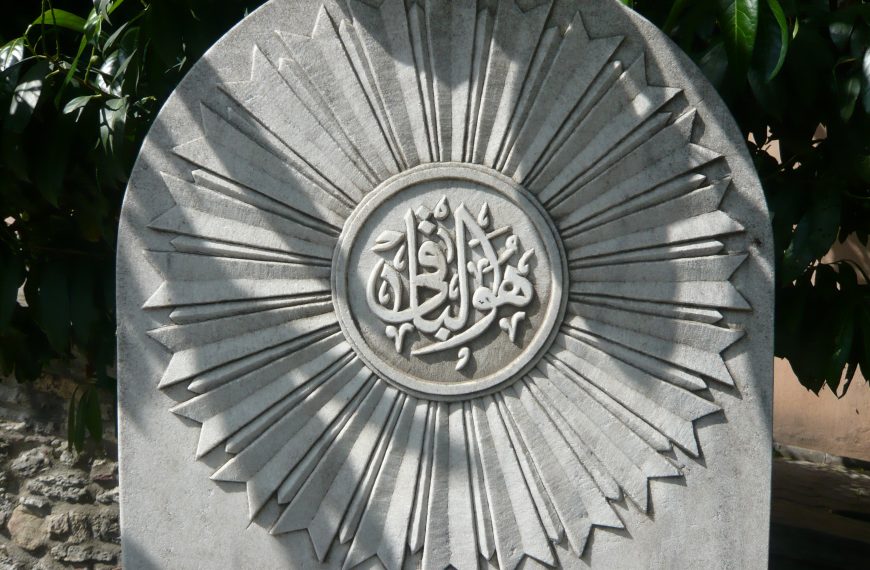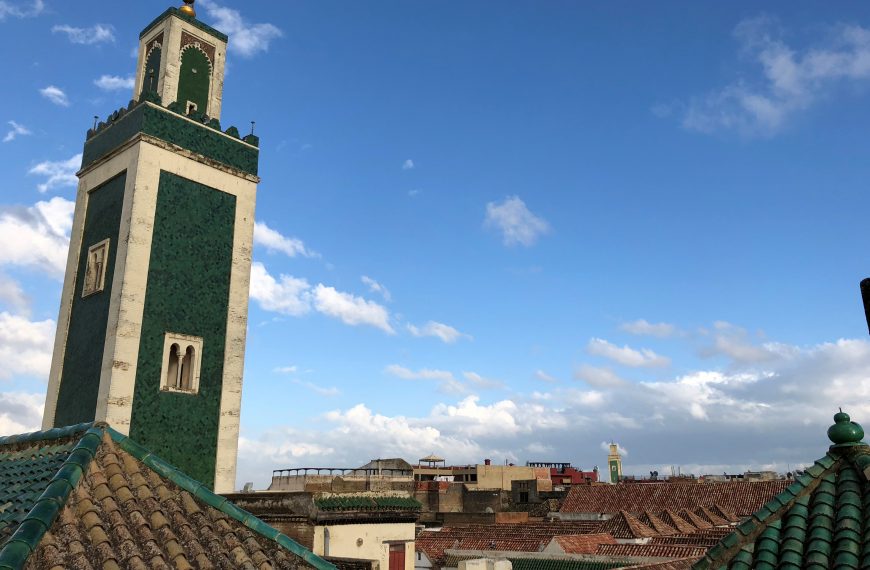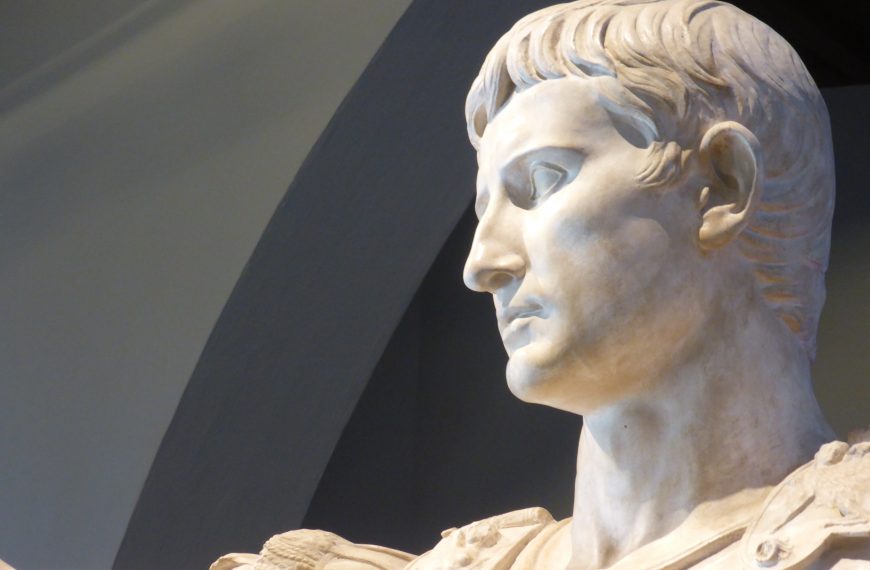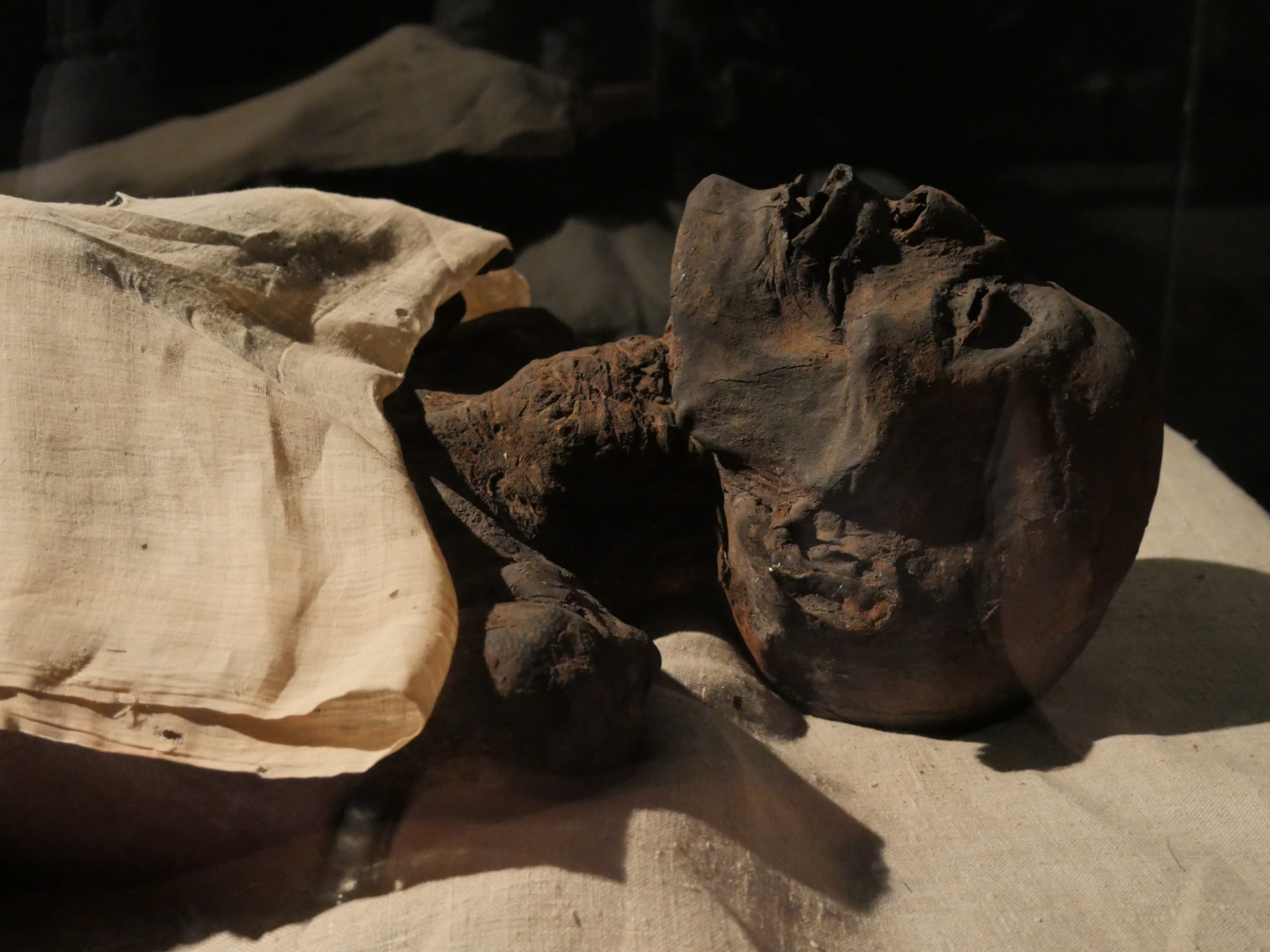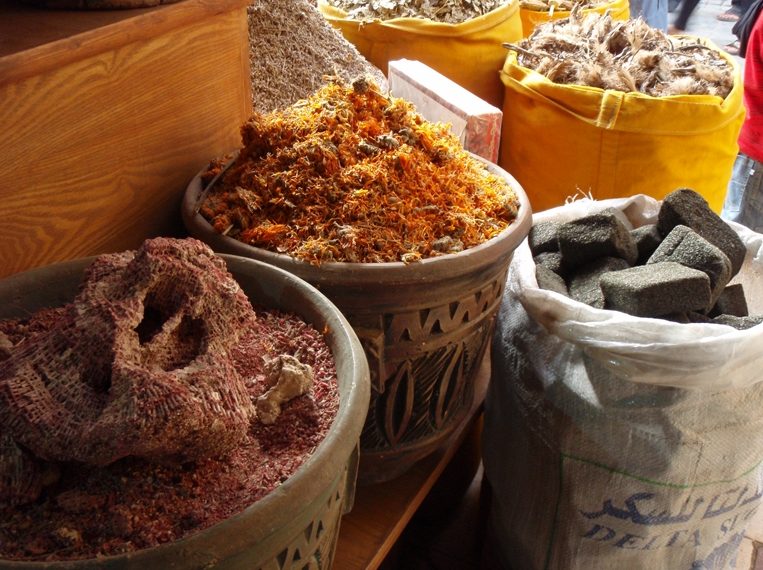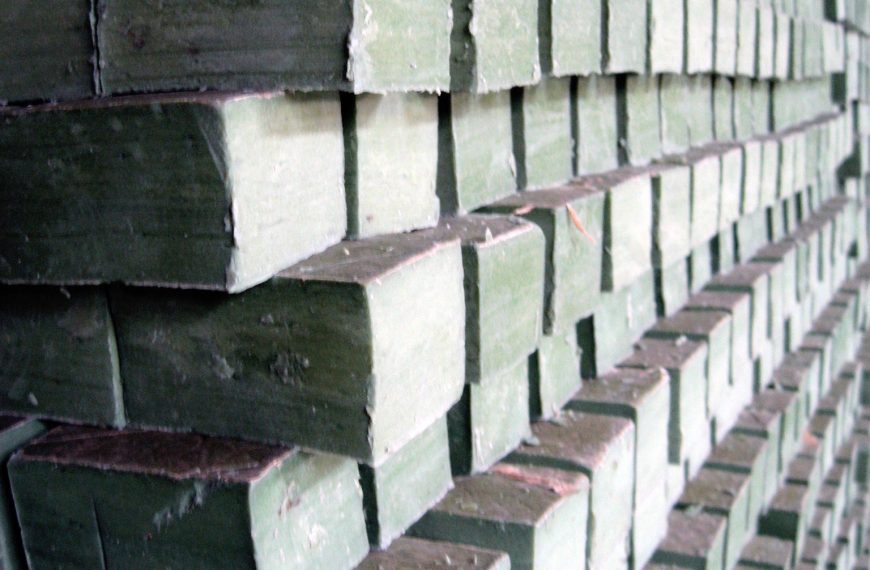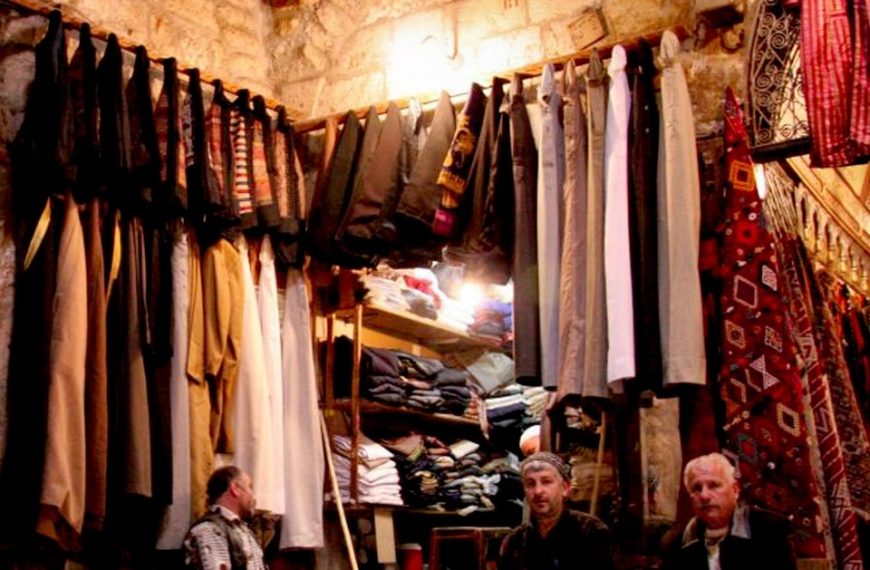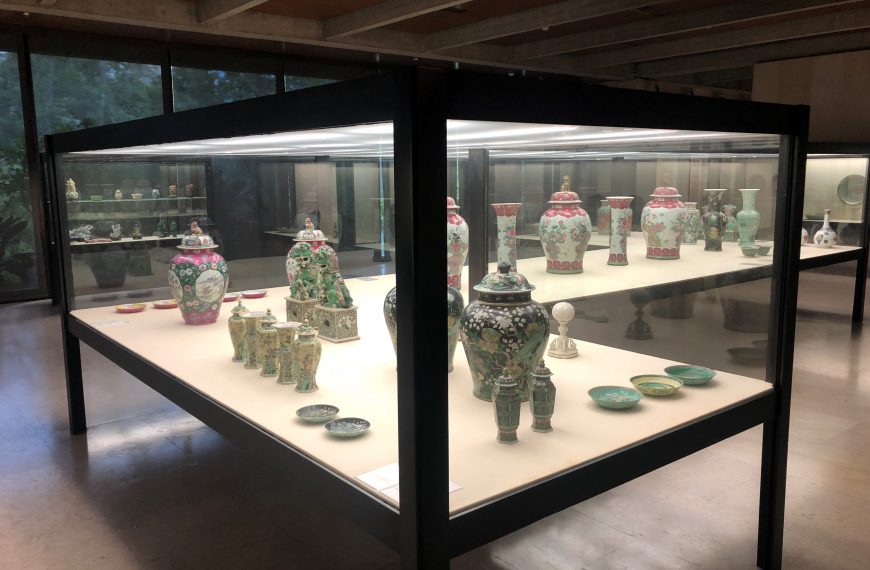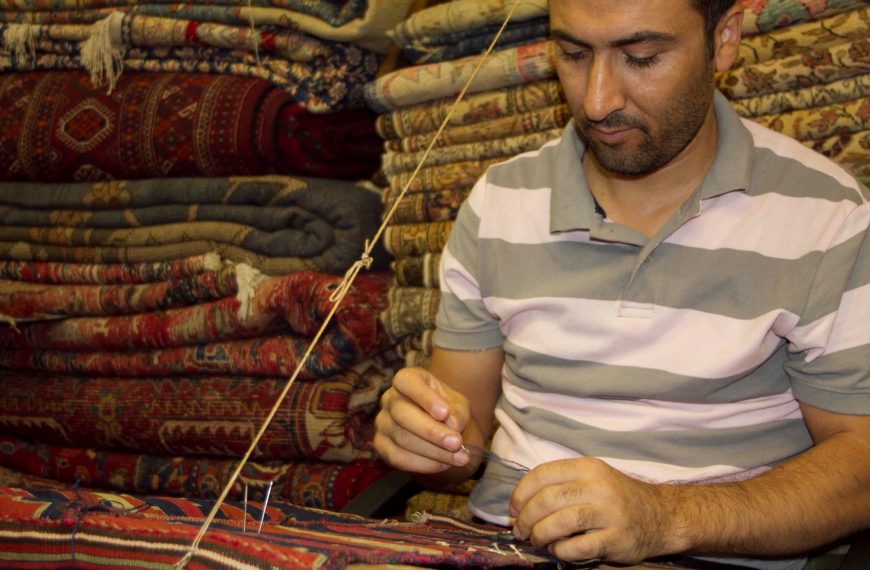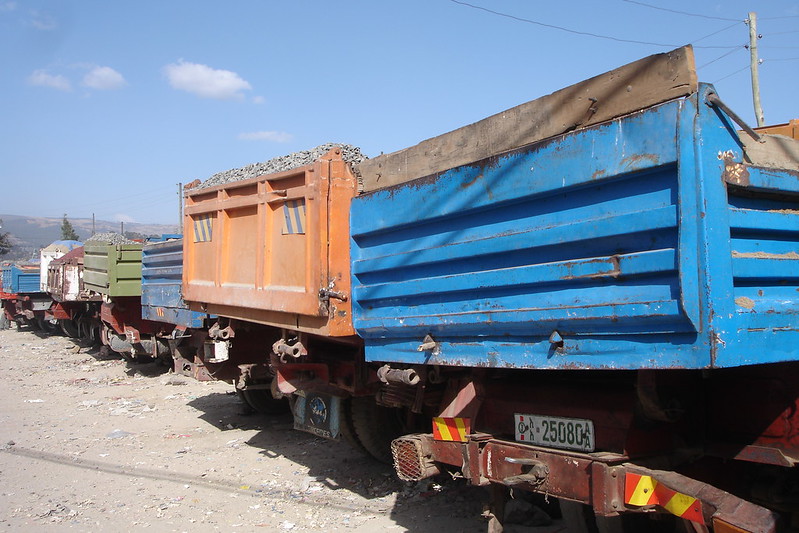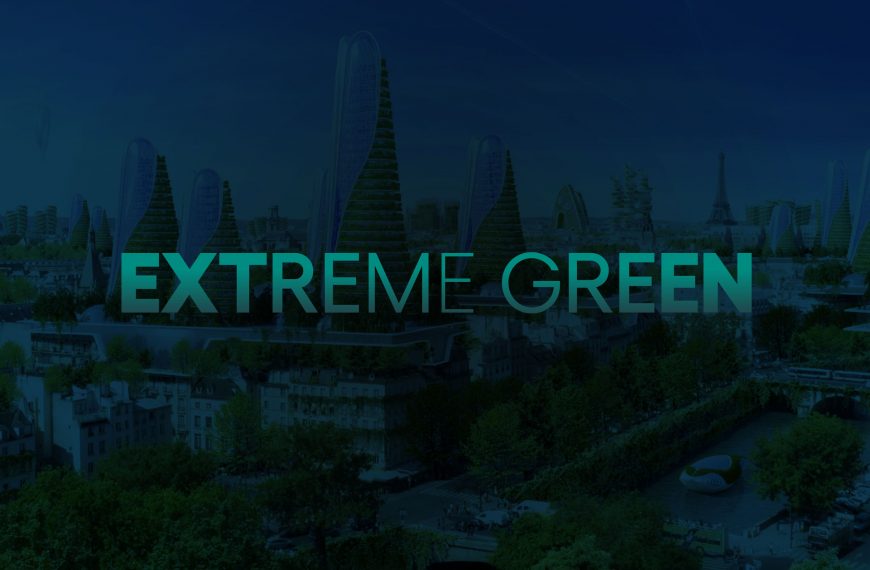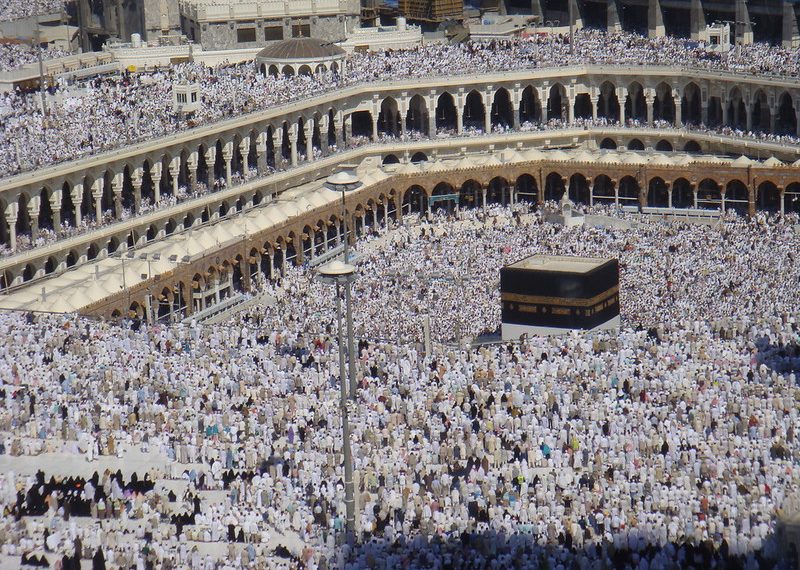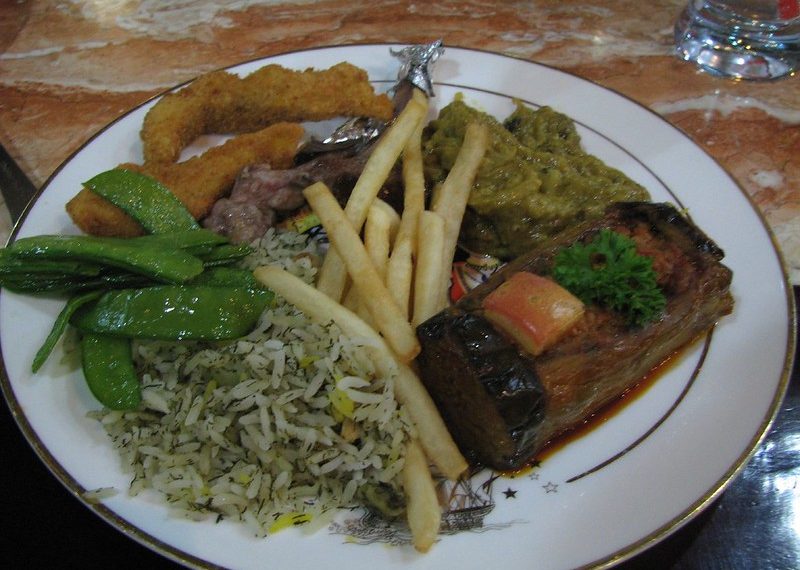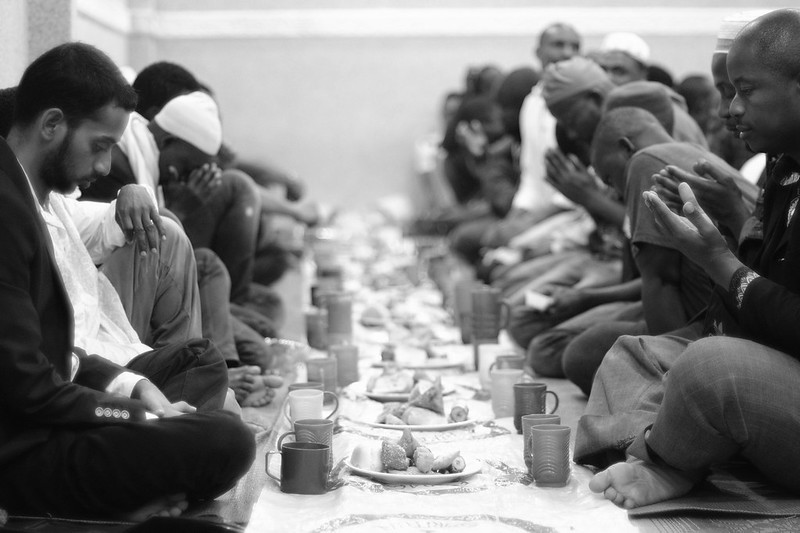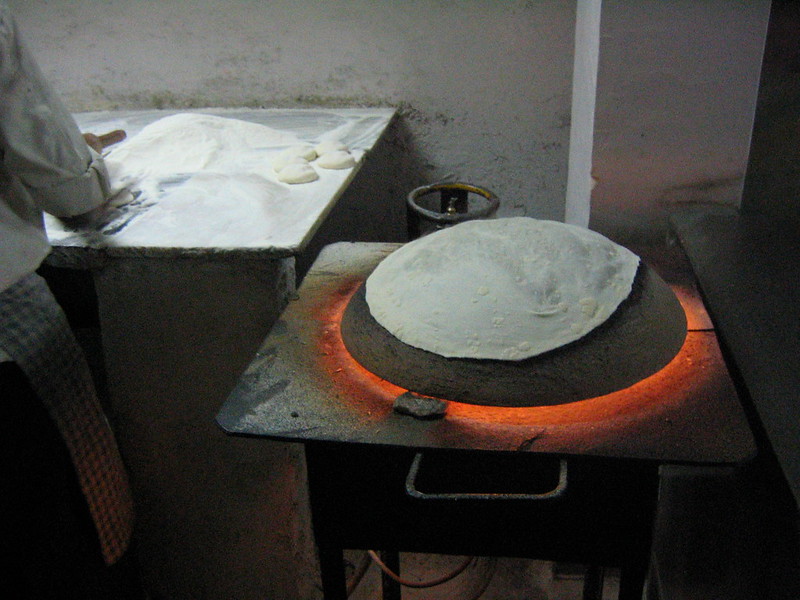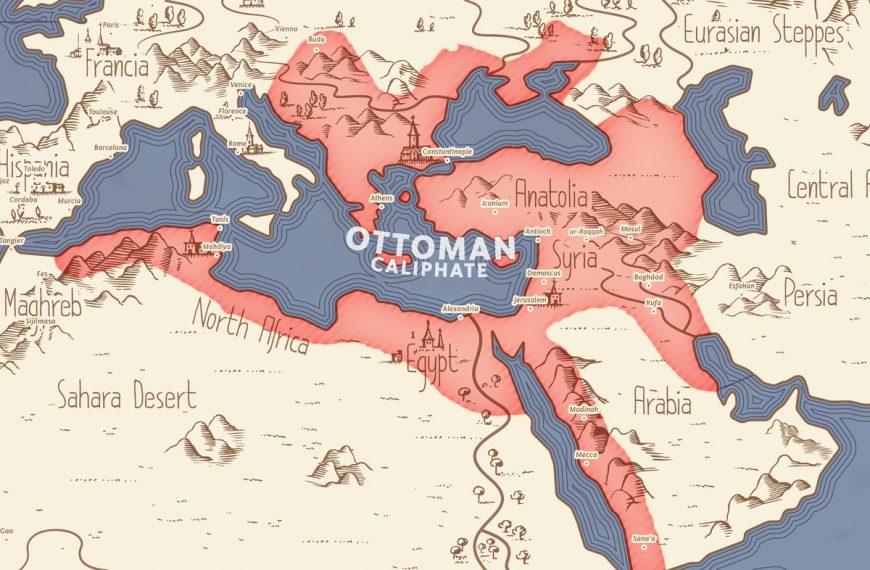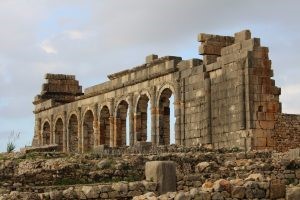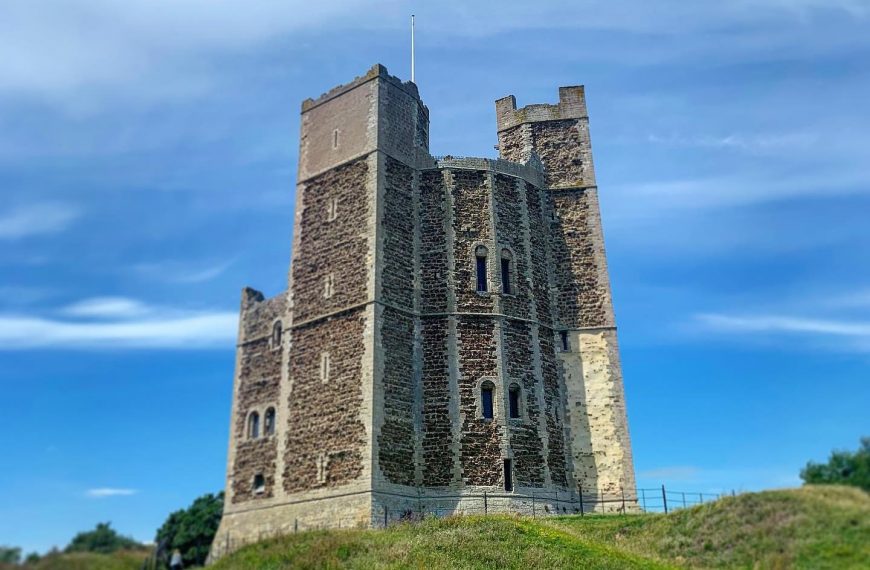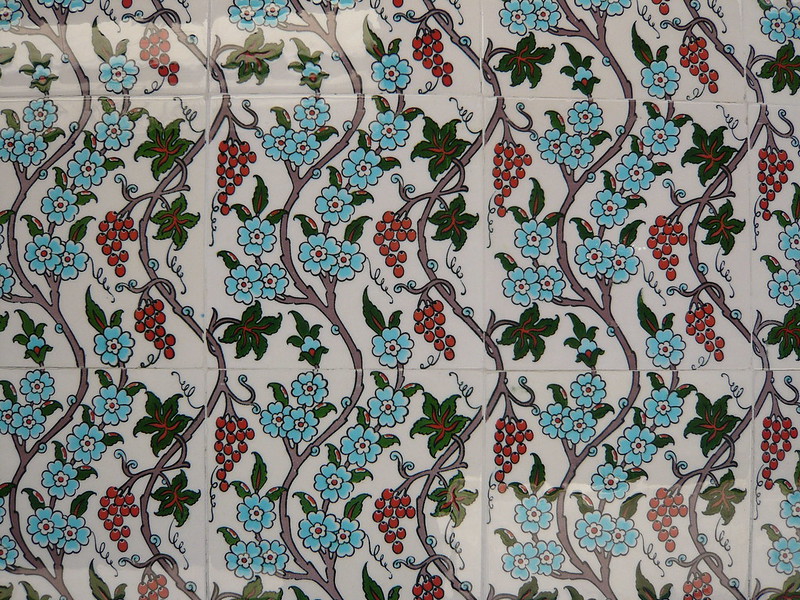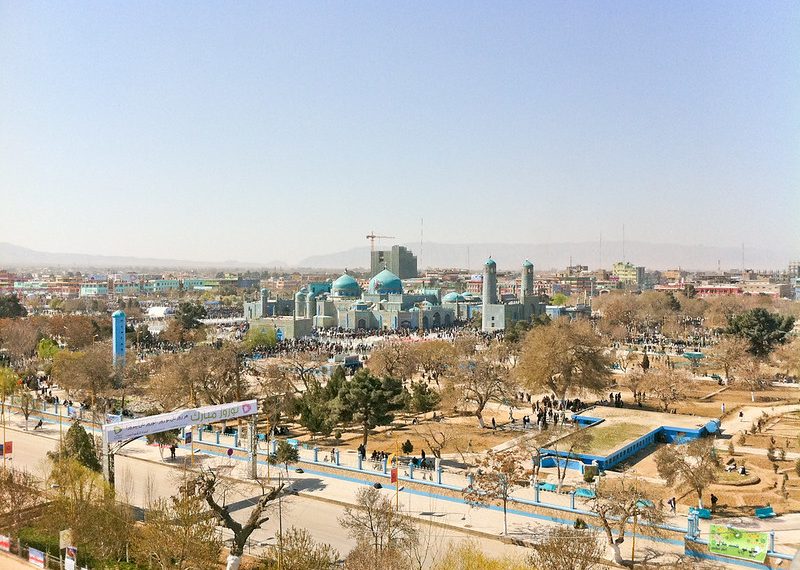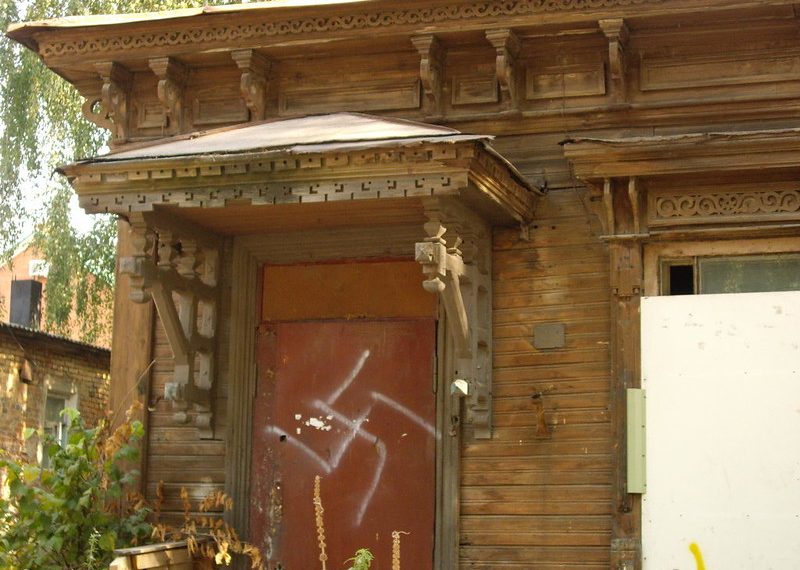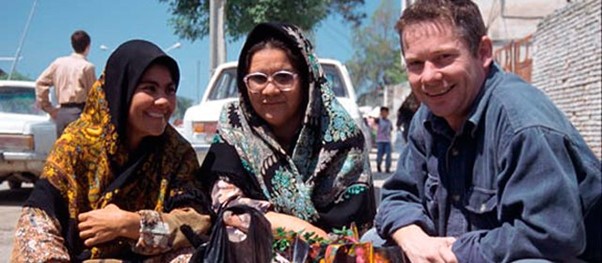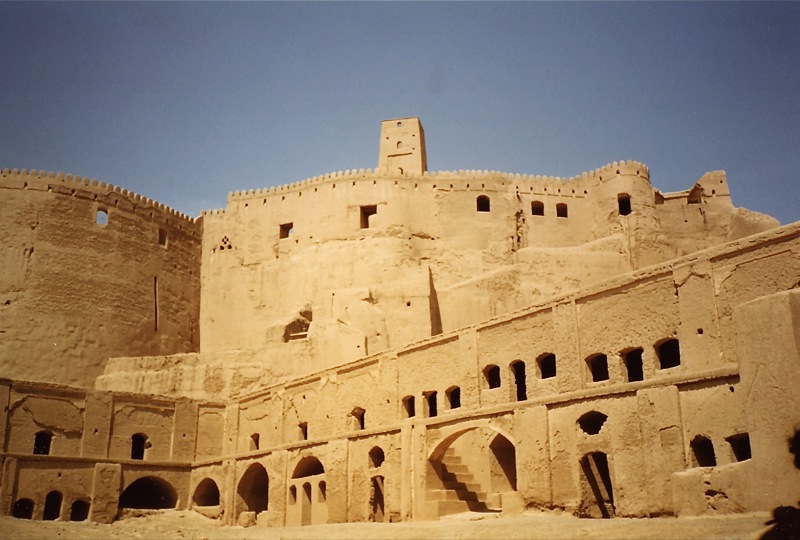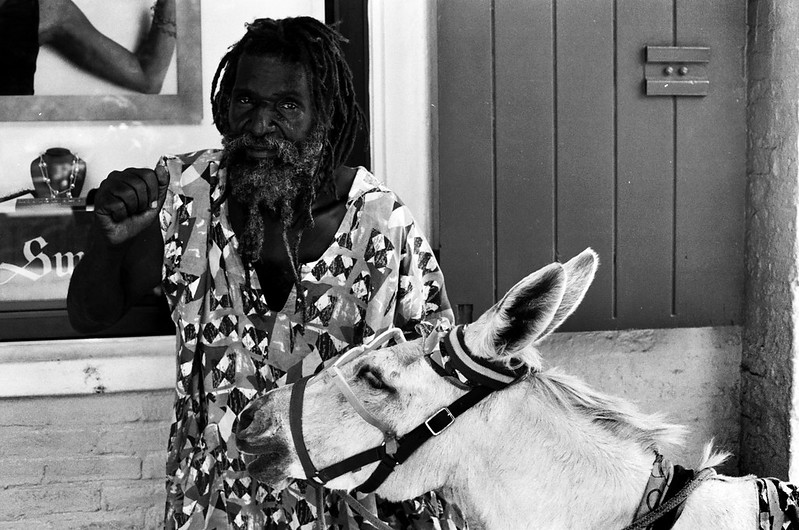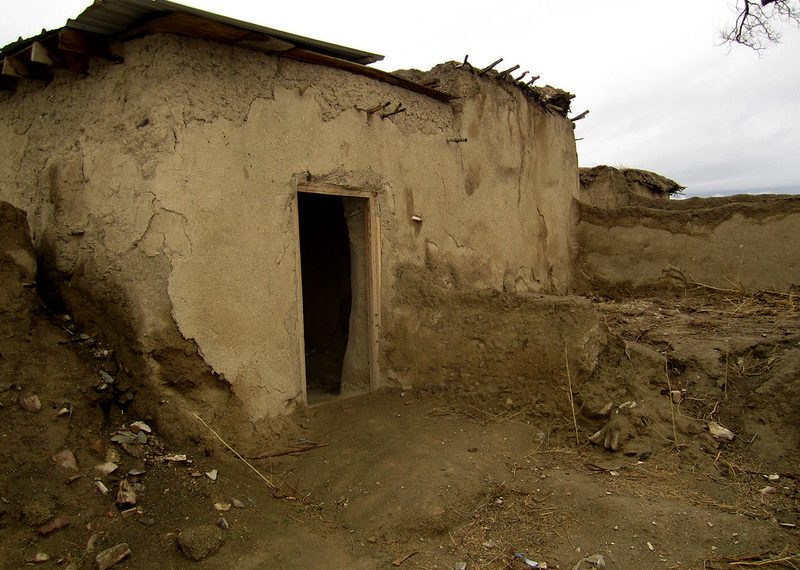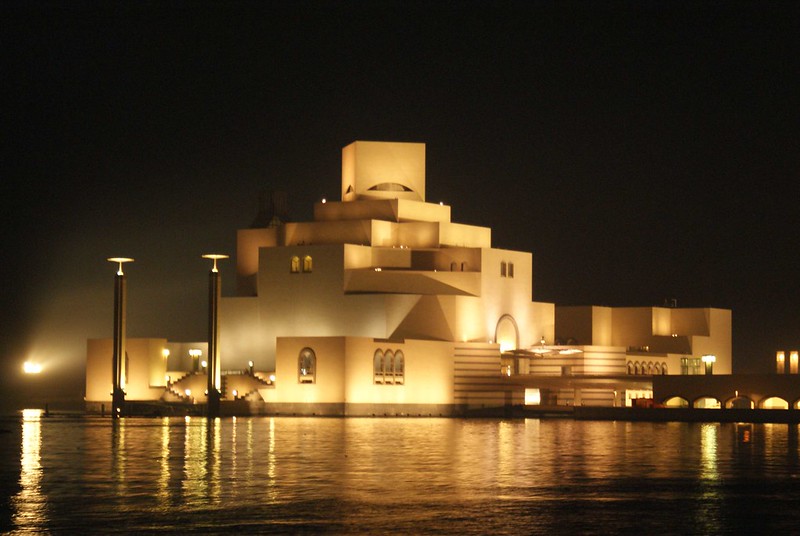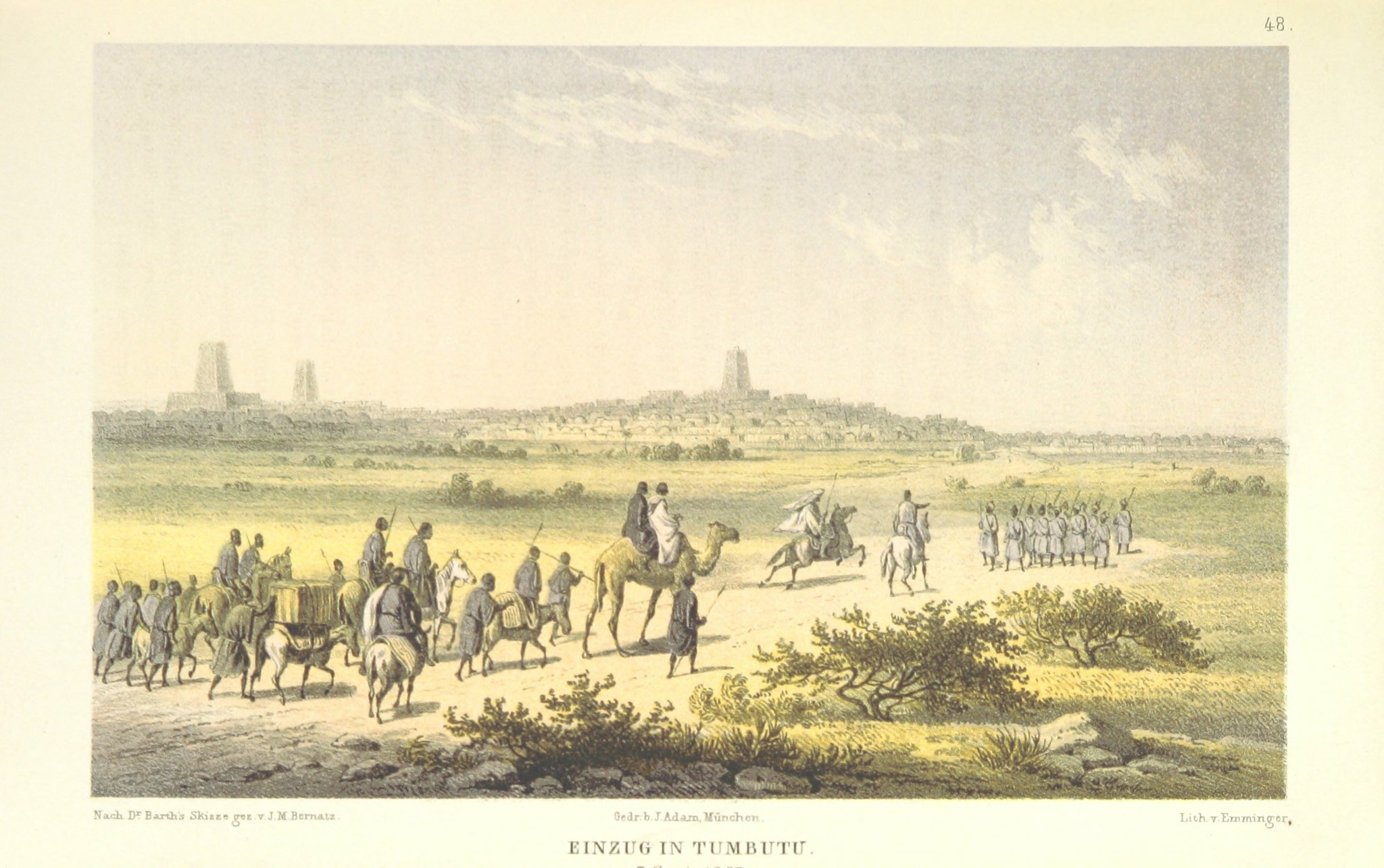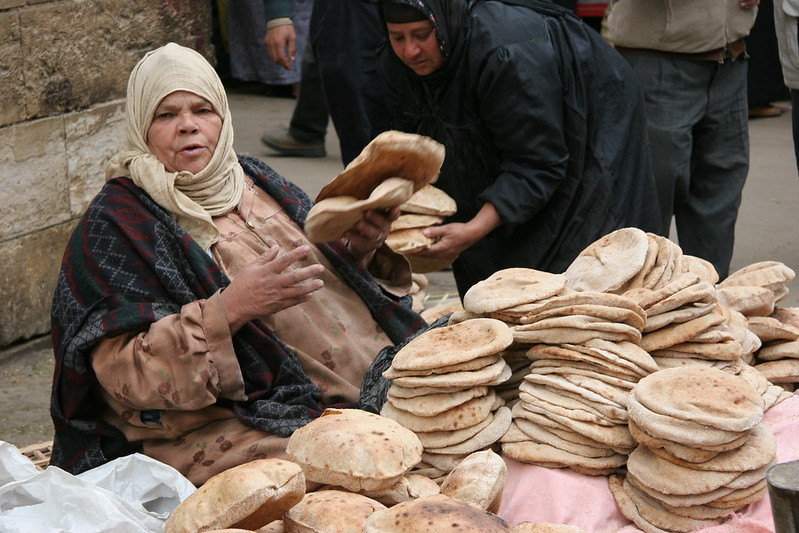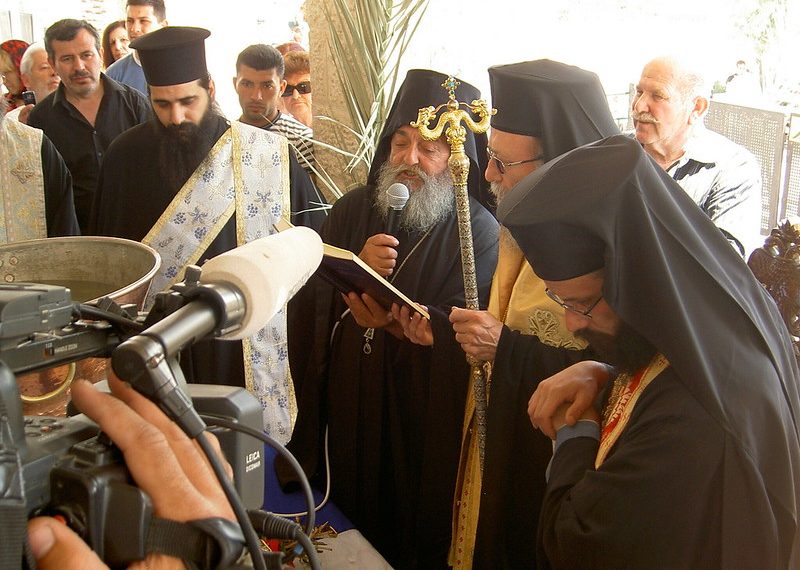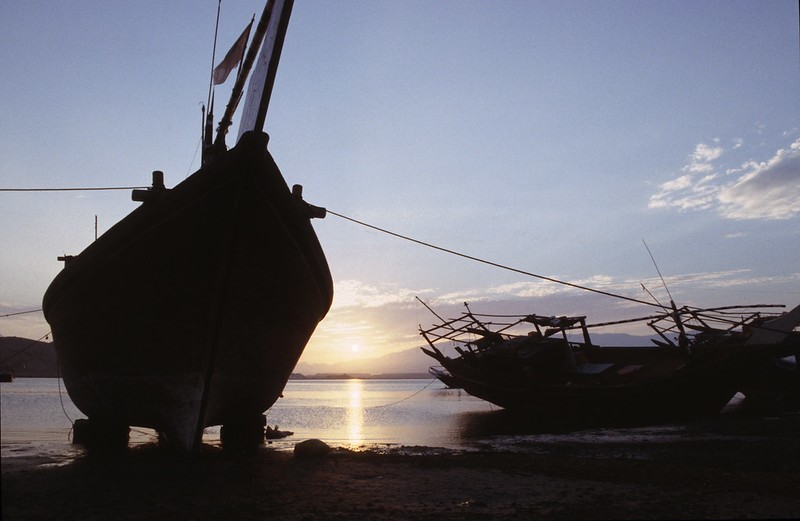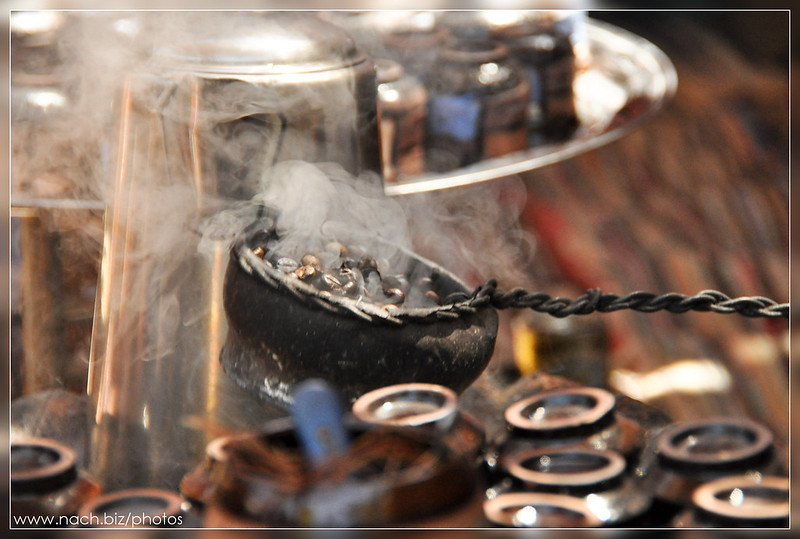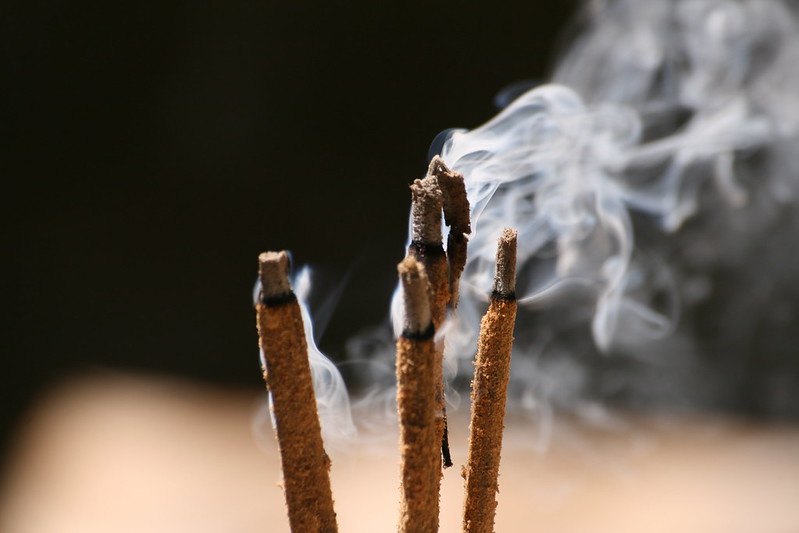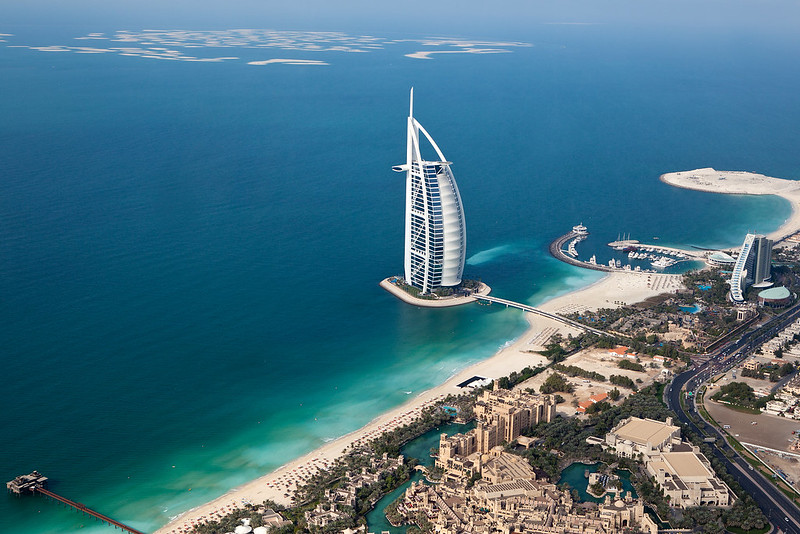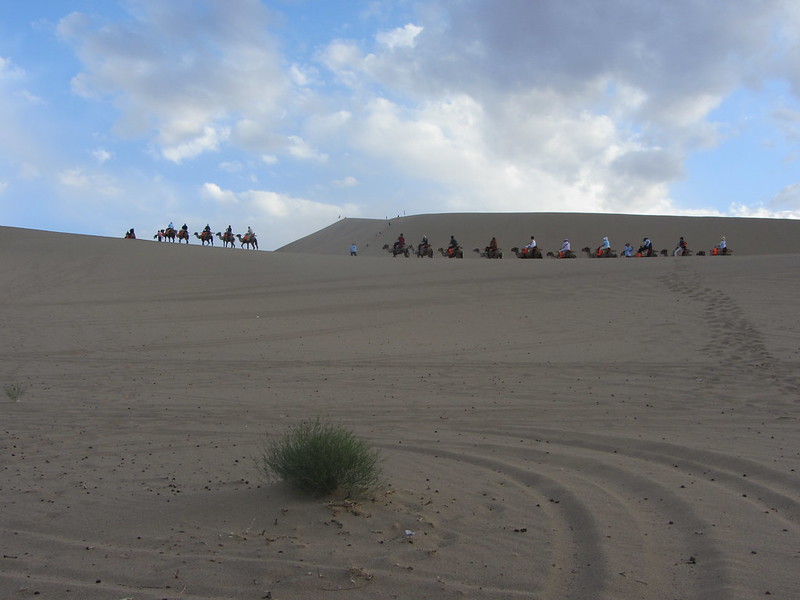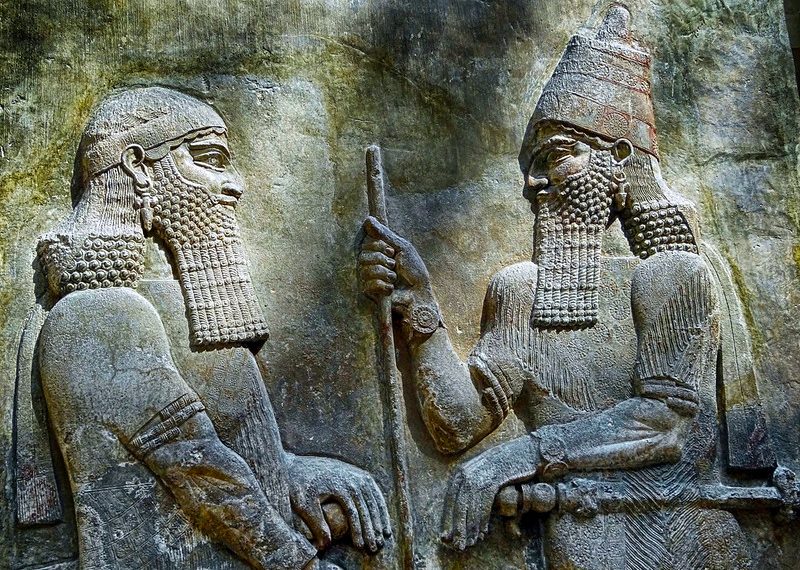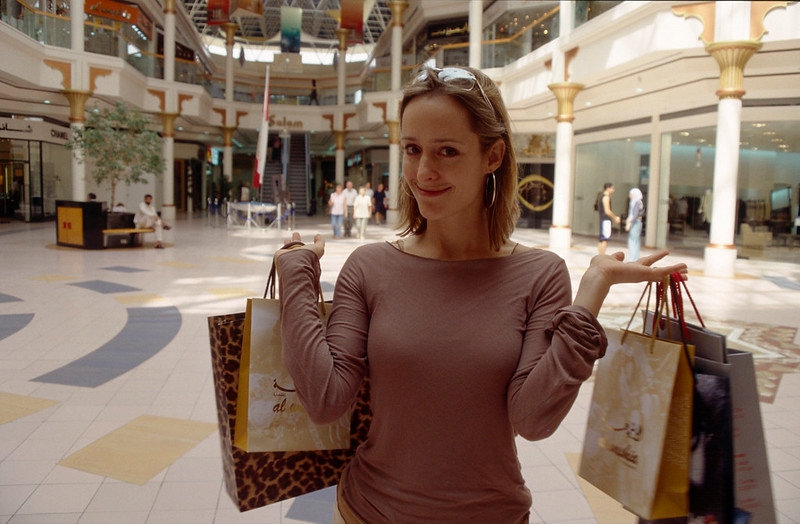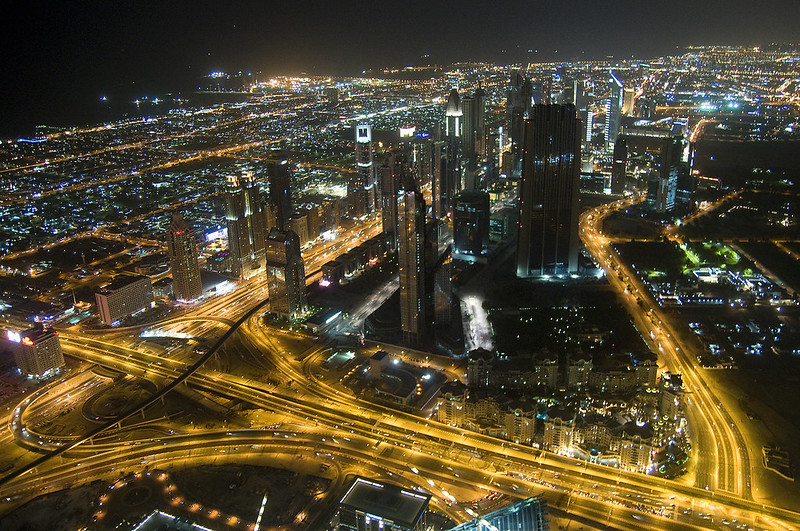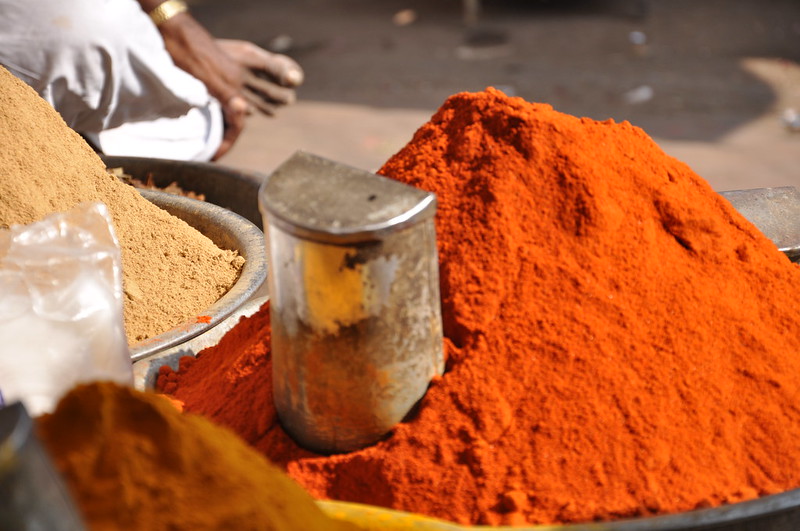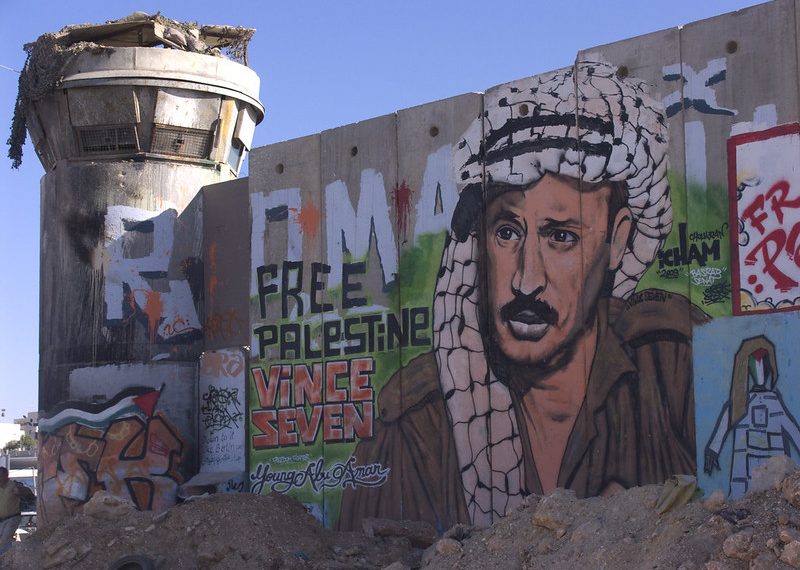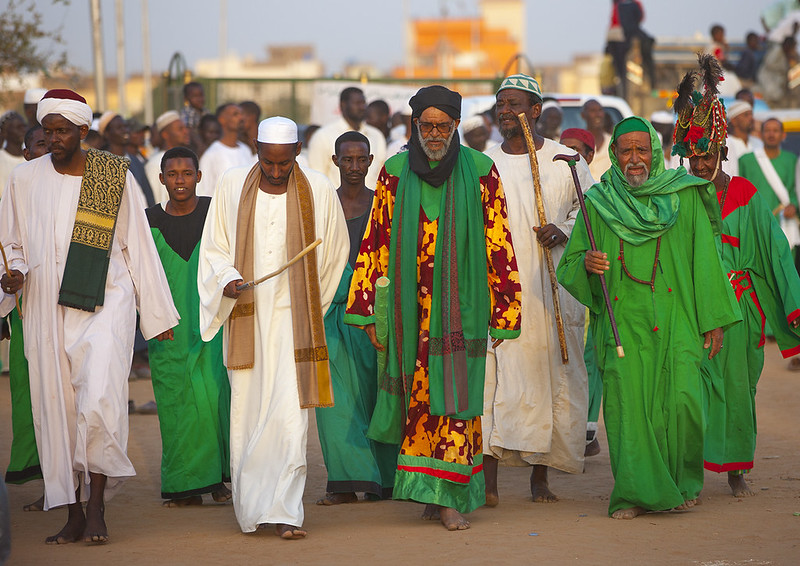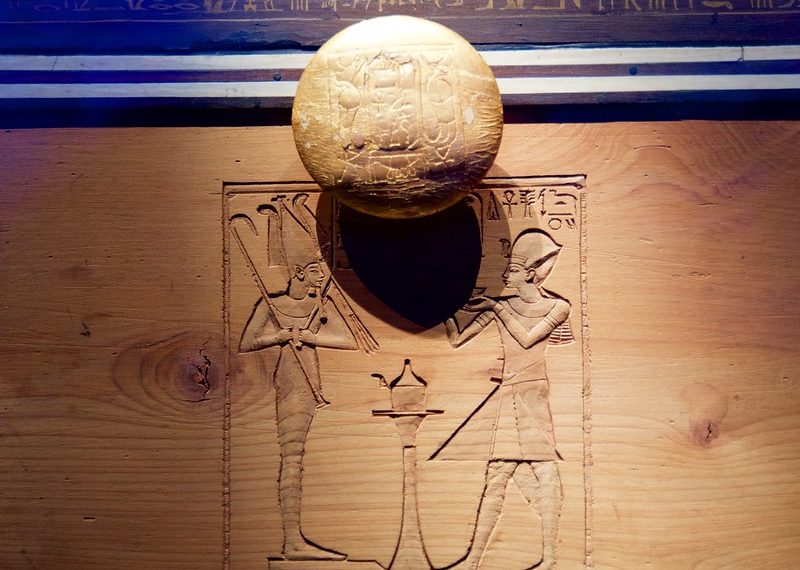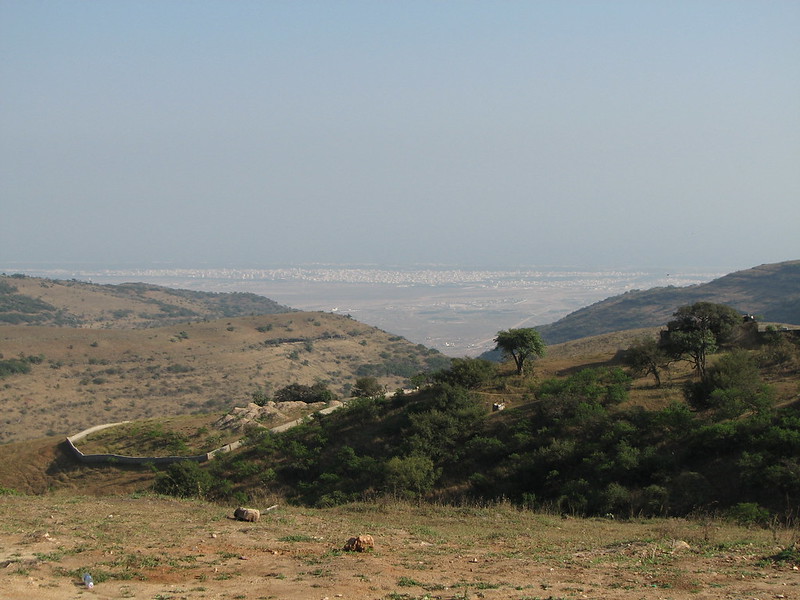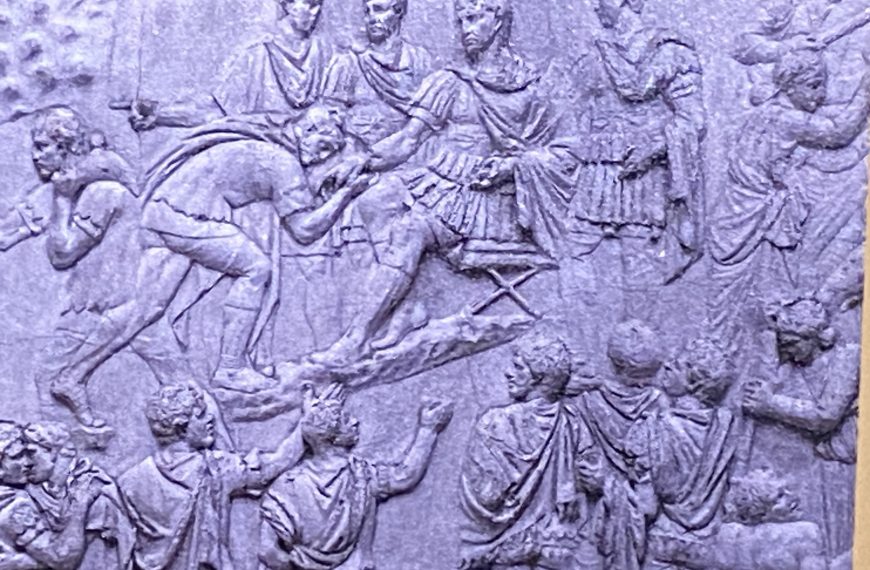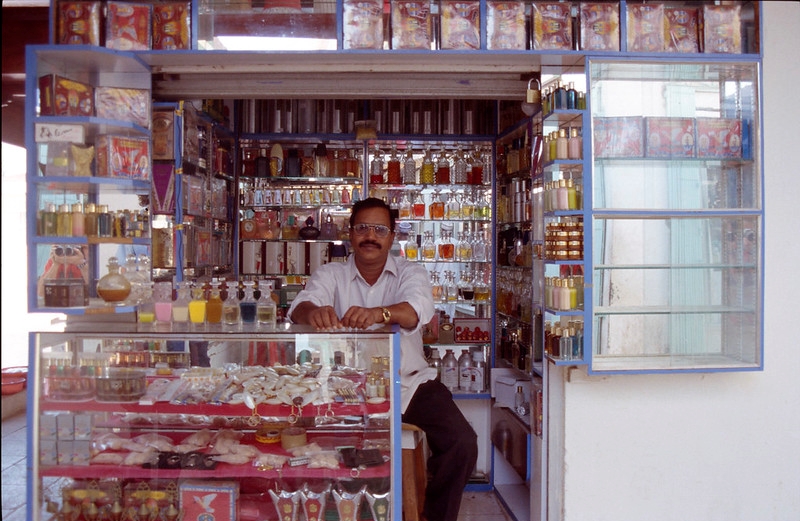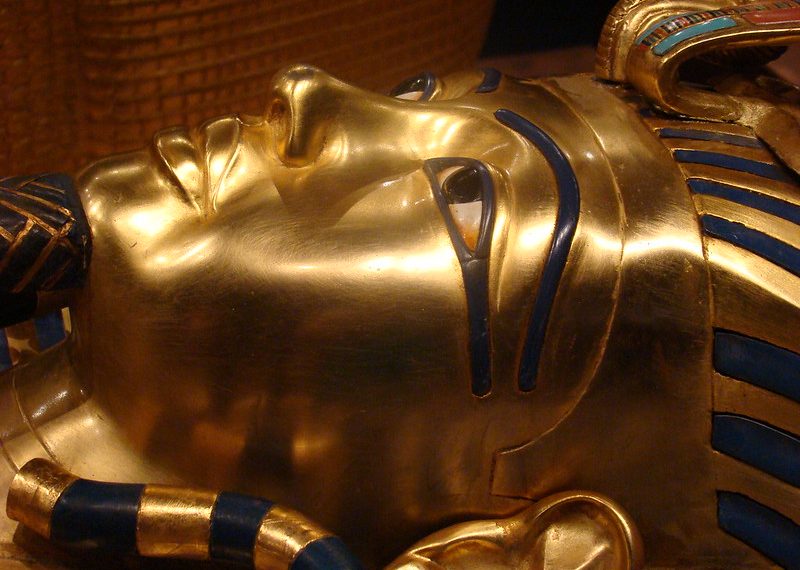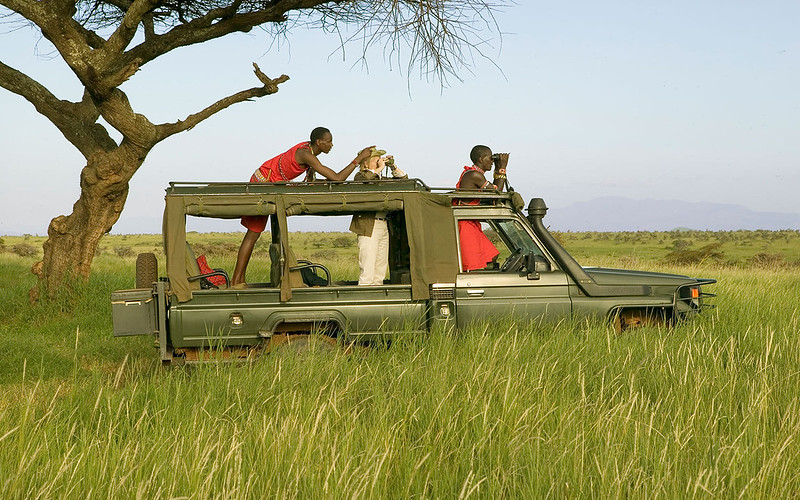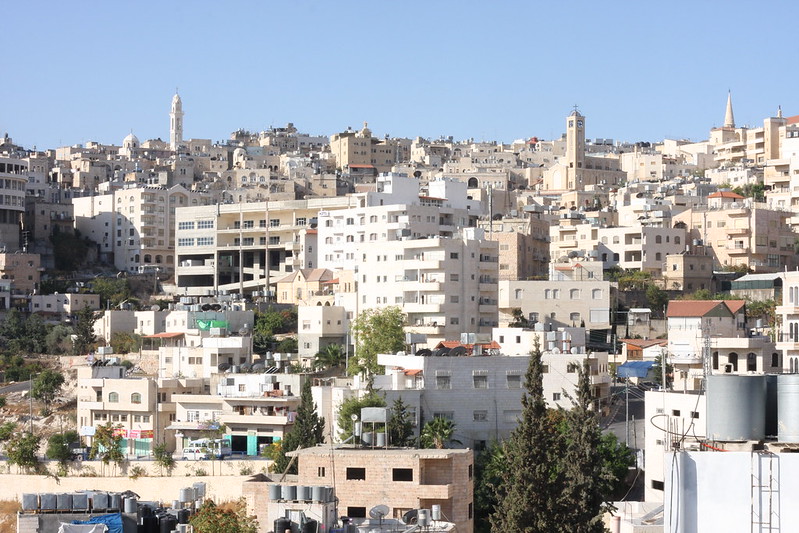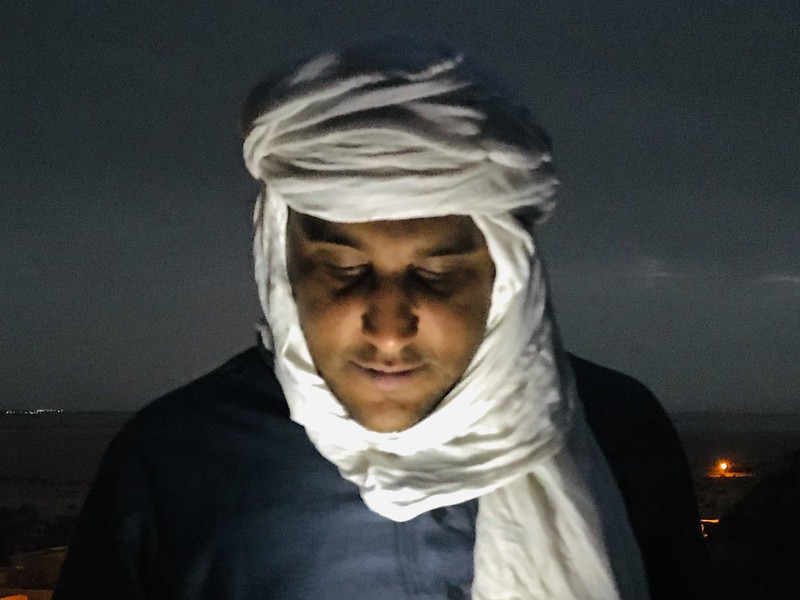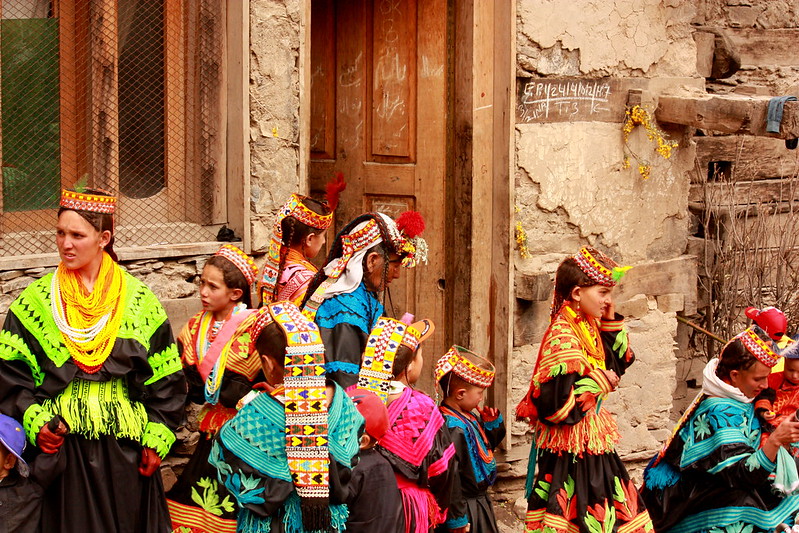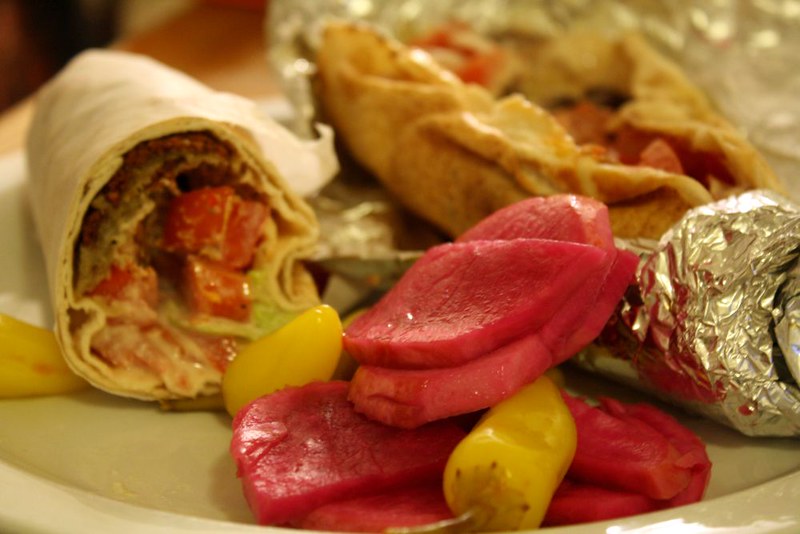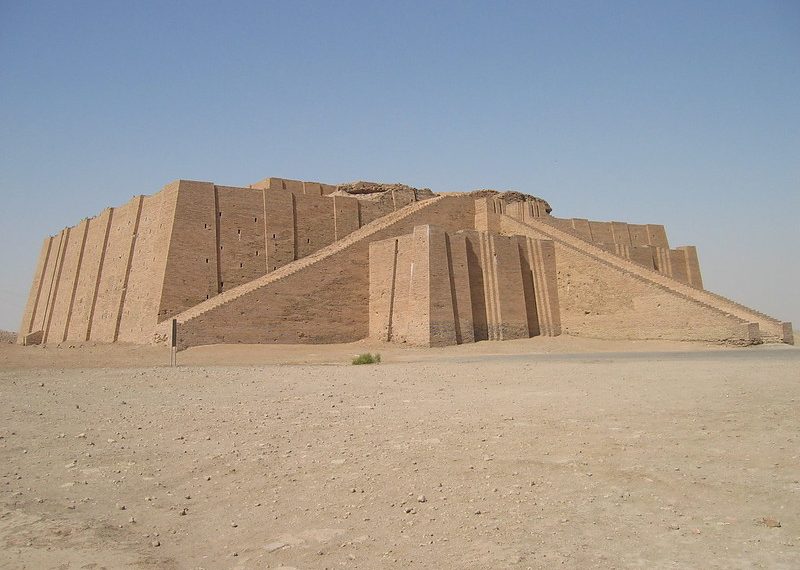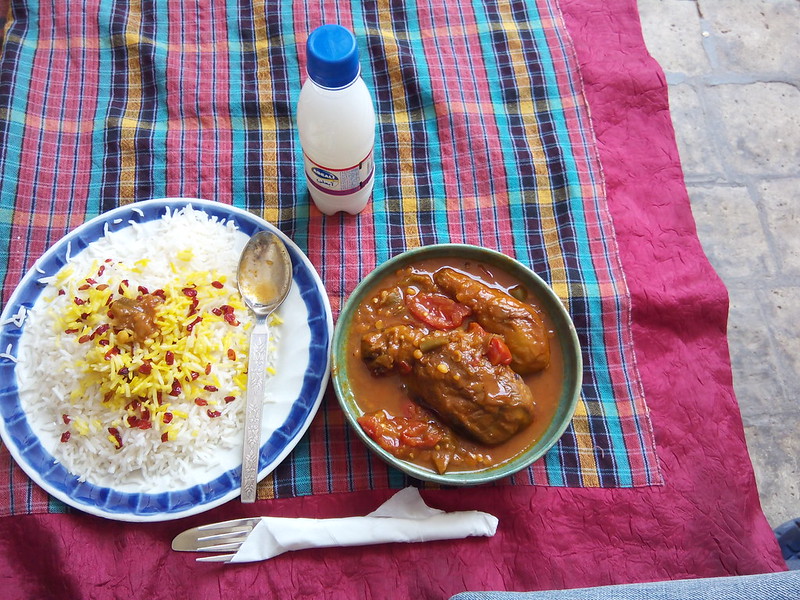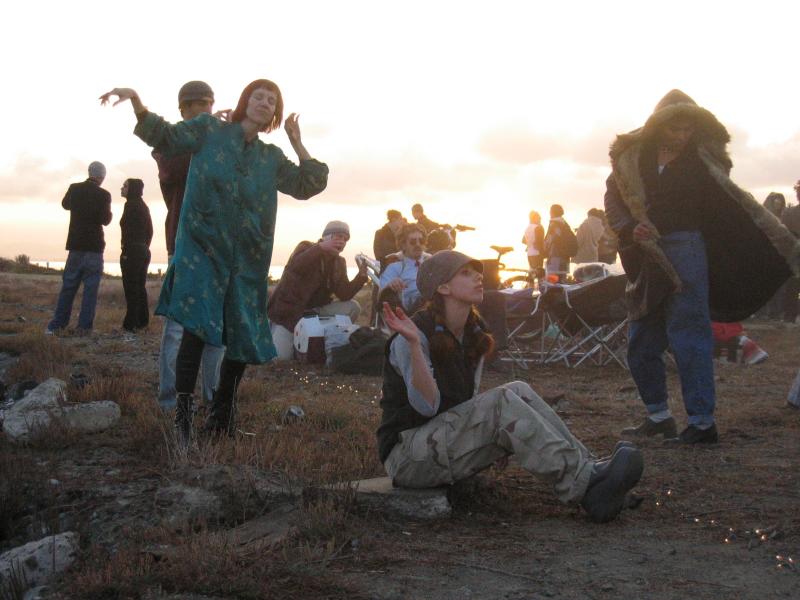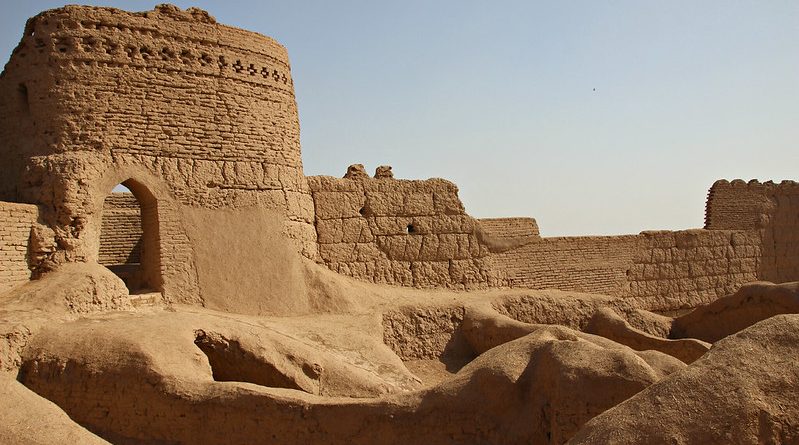
Afghanistan
As important gateways between Africa, Europe, Asia and the Middle East, this region has a rich history and a tumultuous present. Here you can survey two and a half millennia of history and marvel at the illustrated architecture in the grand capital of the Archaemenid Empire, or recall recent history on the path forged through Afghanistan by the Hippy Trail of the 1970’s. You can wrestle in the name of religion in an Iranian House of Strength, ski with the beautiful people through snowy peaks, ride on top of a rickety Russian ‘motor’ through the gorges of the Khyber Pass, or sit and enjoy a quiet bowl of hot quince soup.
Read More
It is less advisable to travel through Iraq and Afghanistan. The countries are riddled with landmines, and are struggling to provide the most basic infrastructure for their inhabitants. Much of the heritage of both countries has been lost, stolen or destroyed in their conflicts – the Taliban, for example, destroyed some enormous statues of Buddhas that were 1500 years old, and the American and coalition bombing of the last 20 years have wreaked destruction and havoc to people and landscapes. However, these are countries that have housed a deep melting pot of different cultures, and the interaction of these cultures is very exciting. The Hanging Gardens of Babylon, the Garden of Eden, the Tower of Babel – archaeologists claim all of these famous structures may once have existed on the land we now know as Iraq – built by Mesopotamian kings, described by Greek poets and artists, and holding an importance to the development of all mankind, according to the Bible. These countries which are rich in ancient historical interest, not to mention natural rugged beauty, demand that we keep a cultural interest alive, even if it is from a safe distance. Most governments strongly advise against travelling to Iraq and Afghanistan, and go as far as to recommend being accompanied by reputable guides and armed guards if you must travel there. During the last years of Saddam Hussain‘s dictatorship, tourists to Iraq were only allowed into the country in tour groups, or if invited by the government. Following the recent Gulf war, the country is in turmoil – with the establishment of a tourist industry probably not the first thing on the ‘to do’ list. Afghanistan hasn’t really had any tourists since 1978, although since the bombings in 2001 there are a few intrepid backpackers already giving it a try. The best bet, if you really do want to go, is Hinterland Travel (12 The Enterdent, Godstone, Surrey, RH9 8EG tel: 01883 743 584 fax: 01883 743 584) in the UK and Bestway Tours and Safaris in the USA are two travel operators who run organised tours to these countries. A ten day tour with Hinterland Travel costs around £1500 ($2200). These tours are fairly expensive, but in the current situation the expertise and protection of these companies would certainly be invaluable. Government warnings on Iran recommend that you avoid any large gatherings and keep away from government buildings, military bases and embassies. Make sure that your documentation is in order before you leave, and while there, carry identification with you at all times. Steer clear of the Iran/Iraq border, and the Iran/Afghanistan border, and travelling overland to Pakistan is not advisable either. Be very sensitive about religious customs, and vigilant in your dress. For up-to-the-minute details on all three countries check out the Foreign & Commonwealth Office, the Australian Department of Foreign Affairs and Trade or the U.S. Dept of State Bureau of Consular Affairs. Visa applications should be lodged well in advance of your intended travel date. Iran is geographically a vast, arid central plateau, rimmed by mountain ranges. The country has low rainfall and a desert climate, although the coast of the Caspian Sea is much wetter. The coast of the Arabian Gulf is hot, humid and earthquake prone. The most pleasant times to visit are March to April and October to November. Afghanistan is famous for its inhospitable mountains, especially the great Hindu Kush mountain range which divides the country. The central highland steppes have dry summers and cold winters, while the southern deserts are desolate and blasted by sandstorms. In the north is the fertile foothills and the majority of the country’s agriculture and natural resources. The mountains of northern Iraq have cool summers and extremely cold winters. The central plain and the valleys of the Tigris and Euphrates have long, hot summers, short winters and not much rain. It can be hard to change travellers’ cheques in Iran, Iraq and Afghanistan. Credit cards are generally not accepted, and ATM’s are rare or non-existent, so make sure you have enough cash. Iranian shops often prefer to be paid with American dollars, but the official currency is theIranian Rial, although you will probably hear Iranians counting in toman – the word for ten rial. The currency of Afghanistan is called the Afghani, and Iraq uses the Dinar – the value of both are highly unstable. Iranian police consider themselves to be protecting the dignity of the people, and since 1990 have kept computer records of anyone breaking the dress code. They’ve been known to enforce the rules by driving around spray-painting the arms of rogue T-shirt wearers. From the age of seven women must be entirely covered, apart from the hands, feet and face. Most wear the traditional dark coloured cloak (chador) that fastens under the chin. In Afghanistan the full cover burqa is still widely worn by women, while men can be imprisoned for not having a beard – and kept locked up until one grows! Male and female visitors to the three countries should wear long sleeves and trousers, and women should cover their hair and necks with a big dark coloured headscarf. Visitors should be aware that a lot of religious and political significance is attached to dress, and should take great care not to offend. How strict or relaxed dress issues are in these countries fluctuates. The best idea is to be very sensitive to the reactions you receive. It may be necessary at times to buy and wear the full burqa outfit – especially if you are a woman, and would like to go into a mosque. Food in these three countries is cheap – which is just as well because it is, as a rule, pretty dull. Cafés and restaurants will usually have very few choices, mainly rice with meat, meat with rice or rice with rice, although Iraqis do prepare nice salads and lovely Middle Eastern style mezze plates if you’re lucky. In Iran it is crucial not to take the food at face value as all of the best food is made within the home. If you can wangle an invite, look forward to some amazing combinations of sweet and savoury flavours jazzing up the meat and rice staples. It can be hard to tell which side of the road people drive on in Iran, and traffic lights, signs and pedestrian crossings are ignored – so look around a lot, whether you are walking or driving. Petrol is subsidised by the government so it’s very cheap to get around, but car rental can be expensive. The metro and bus system in Tehran is notorious for being incomprehensible – getting around as a pillion passenger on a taxi bike is the best idea. Shared taxis are a good bet for long distances or, if you prefer to travel in style, you could hire a car and driver together (although remember that you are liable for all of the drivers’ expenses for as long as he is away from home). Attempts at hitching are well received in Iran – it is common to flag down a vehicle and offer some cash in return for a lift. Internal flights are incredibly cheap, but some of the planes are rickety, old Russian built ones, that may be best avoided! Adventurous travellers in Iran will be rewarded with charming old-fashioned places to stay in some very interesting and scenic locations. In general, these hotels and lodging houses (called ‘mosaferkhanehs‘) are pretty comfortable. Air-conditioning is common, postal and telephone services are available in all of them, and many hotel rooms now have private bathrooms, refrigerators and televisions. Camping in Iran is still in its infancy. Several large cities have a stretch of land with collective tents to rent where campers and individual caravan owners can stay. These are available in Tehran, Esfahan, Tabriz and several other towns in the Caspian region. Some of the old hotels that grew up around Afghanistan’s Hippie Trail – especially those on Chicken Street in Kabul – are being revamped as some entrepreneurial Afghanis return with visions of rebuilding their country, often backed by cash made in the West. Of the three countries, Afghanistan has had the least contact with the West. Also once a monarchy, the Afghani Shah‘s own cousin overthrew him and established a Republic. The Republic was in turn overthrown by the People’s Democratic Party of Afghanistan, which was followed by the ten-year occupation of the country by the Soviet Red Army. Many Afghanis were killed or fled, and when trouble in the USSR caused the Russians to pull out of the country, an Islamic coalition government took over which made changes towards a stricter Islamic society with the banning of alcohol and the introduction of the veil for women. The coalition was doomed to failure, however, as the tribes began fighting amongst themselves and corruption was widespread. When a group of educated and militant young men returned from their refuge in Pakistan, their appeals to the poor and their devout following of Islam in the face of Afghanistan’s chaotic lawlessness made them initially popular. These were the infamous Taliban, or ‘Students of religious truth’, who swept across the country between ’94 and ’96, supported by cash from Western governments which approved of the Taliban’s anti-USSR stance. The existing government retreated to the north of the country, and the Taliban declared an Islamic state with severe codes governing every aspect of life. Following the American bombing of Afghanistan in 2001, to oust the Taliban and break up the fundamental Al Qaeda followers the government was harbouring, talks were held in Bonn, and plans were drawn up to establish a democratically elected government. Minimising risk
Climate
Cash
Dress
Food
Travel
Where to stay
Recent history

